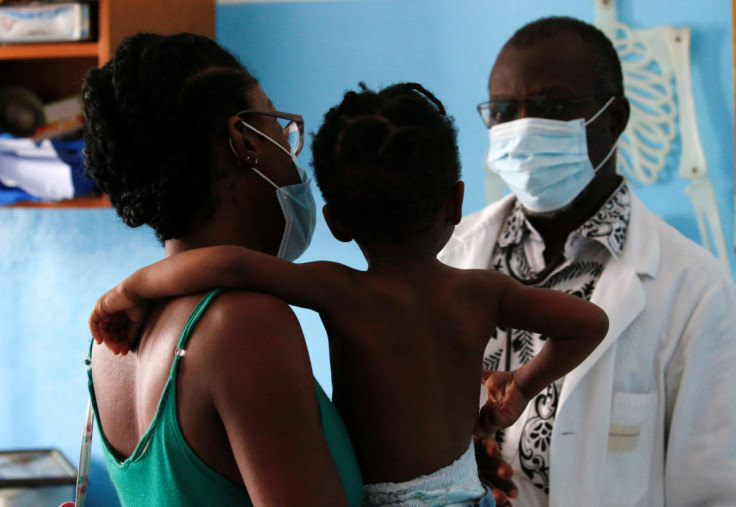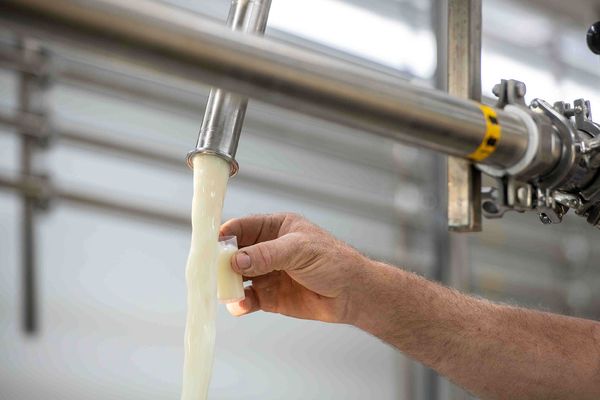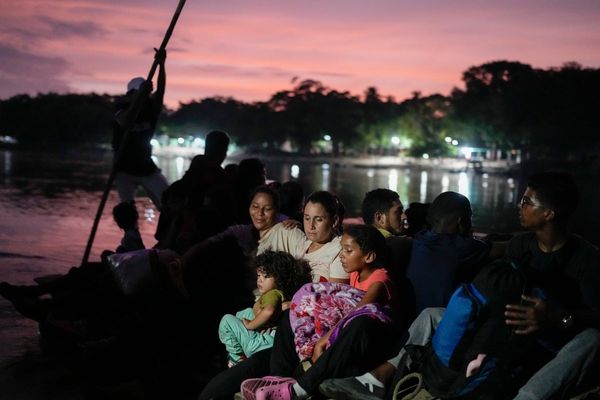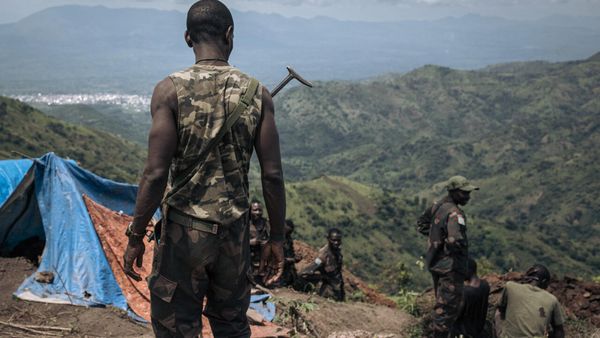
In a groundbreaking moment for global health, the world's first malaria vaccine rollout has commenced in Cameroon, marking a significant stride in the fight against one of the deadliest infectious diseases.
The monumental event was heralded as a "transformative chapter in Africa's public health history".
The RTS, S vaccine, consisting of 662,000 doses, will be administered to children in the West African country, being the initial recipients following successful trials of the drug in Ghana, Kenya, and Malawi from 2019 to 2021.
This marks an escalation in the battle against malaria in Africa, where 95 per cent of deaths from the disease occur, predominantly among children under five.
Dr Mohammed Abdulaziz, the division head at the Africa Centres for Disease Control and Prevention, headquartered in Ethiopia said: "We are not merely witnessing but actively participating in a transformative chapter in Africa's public health history."
He expressed these sentiments during a joint online briefing with the World Health Organization (WHO). "For a considerable time, we have been anticipating a day like this... it brings more than just hope; it brings a reduction in the mortality and morbidity associated with malaria," he continued.
Cameroon, a country in Central Africa with a high malaria burden, has been chosen as the starting point for the vaccine rollout due to the prevalence of the disease and the urgent need for effective intervention.
Malaria is transmitted through the bites of infected mosquitoes and disproportionately affects sub-Saharan Africa.
The vaccine, developed by pharmaceutical giant GlaxoSmithKline (GSK) has shown promising results in clinical trials.
It has demonstrated a significant reduction in severe malaria cases and life-threatening complications, offering newfound hope for communities grappling with the relentless impact of the disease.
Public health experts assert that effective communication with the public will be pivotal for the success of the vaccine.
This entails ensuring trust, encouraging parents to bring their children for all four doses, and conveying the understanding that its efficacy is maximised when combined with additional measures, such as sleeping under insecticide-treated bed nets.
"We require effective messaging, communication, and the use of trusted voices. We need to engage health workers closely connected to the community. Listening to the community and monitoring the reception of our efforts are equally important," emphasised Abdulaziz.
The vaccine's introduction is expected to have a transformative impact on public health in Cameroon and, eventually, in other malaria-endemic regions.
As the rollout progresses, monitoring and evaluation mechanisms will be in place to assess the vaccine's effectiveness, identify challenges, and refine the implementation strategy for broader use.
Kamela Isabelle Madjouwou, a nurse at the centre, said a malaria vaccine was "essential". Cameroon recorded more than 6m cases in 2022 and malaria accounted for 12 per cent of deaths among children under five in 2021. "The vaccine will reduce mortality and the consequences of this terrible disease," she said.
Thomas Breuer, the chief global health officer at GlaxoSmithKline, which produced the vaccine said it was a significant development: "After more than 35 years of dedicated work with our partners to develop the world's first malaria vaccine, Mosquirix, it's rewarding to see it in routine use for the first time. We're excited that more malaria-endemic countries are preparing to introduce the vaccine over the coming months."
A second malaria vaccine, R21/Matrix-M, produced by the University of Oxford, is due to be rolled out later this year.
However, challenges remain, including the need for sustained funding, logistical considerations in reaching remote communities, and addressing potential vaccine hesitancy.
The success of the pilot program in Cameroon will serve as a crucial learning experience for future vaccine introductions and scaling up efforts across the African continent and beyond.
As the first doses of the malaria vaccine are administered to children in Cameroon, the global health community watches with anticipation and hope.
The groundbreaking rollout represents not only a significant scientific achievement but also a testament to the power of collaboration in the pursuit of a malaria-free world.
It is a historic moment that brings us closer to realising the dream of a future where no child's life is cut short by this preventable and treatable disease.







